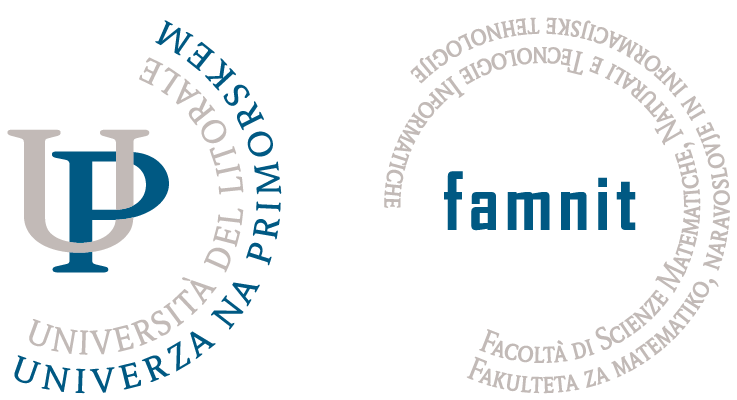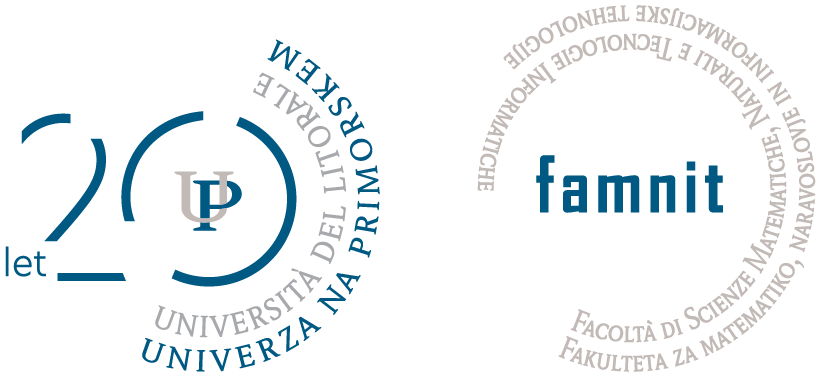Univerza na Primorskem Fakulteta za matematiko, naravoslovje in informacijske tehnologije
2024-09-05
15:00-16:00
FAMNIT-MP1
Morgan Rodgers (University of Kaiserslautern-Landau)
Regular sets in finite polar spaces
A regular set or equitable bipartition in a (finite simple) graph is a set of vertices $Y$ such that there exist constants $a$ and $b$ for which each vertex in $Y$ has $a$ neighbors in $Y$, while each vertex not in $Y$ has $b$ neighbors in $Y$.
Such sets can only exist for graphs which are either biregular or regular. If $Y$ is a regular set, then $a-b$ is an eigenvalue of the adjacency matrix of the corresponding graph. We call $Y$ a regular set of an association scheme if $Y$ is a regular set for all the graphs in the association scheme.
Such sets can only exist for graphs which are either biregular or regular. If $Y$ is a regular set, then $a-b$ is an eigenvalue of the adjacency matrix of the corresponding graph. We call $Y$ a regular set of an association scheme if $Y$ is a regular set for all the graphs in the association scheme.
Regular sets appear in many geometric and combinatorial contexts, where examples in finite geometry include Cameron-Liebler classes, spreads, $m$-systems, and intriguing sets.
We will look at regular sets in the setting of the finite classical polar spaces, with a particular focus on Cameron-Liebler sets of generators. We will also describe a generalization of the concept of an $m$-ovoid to sets of isotropic subspaces having arbitrary (fixed) dimension. In some cases these generalizations of $m$-ovoids lead to constructions of non-trivial Cameron-Liebler sets of generators.


